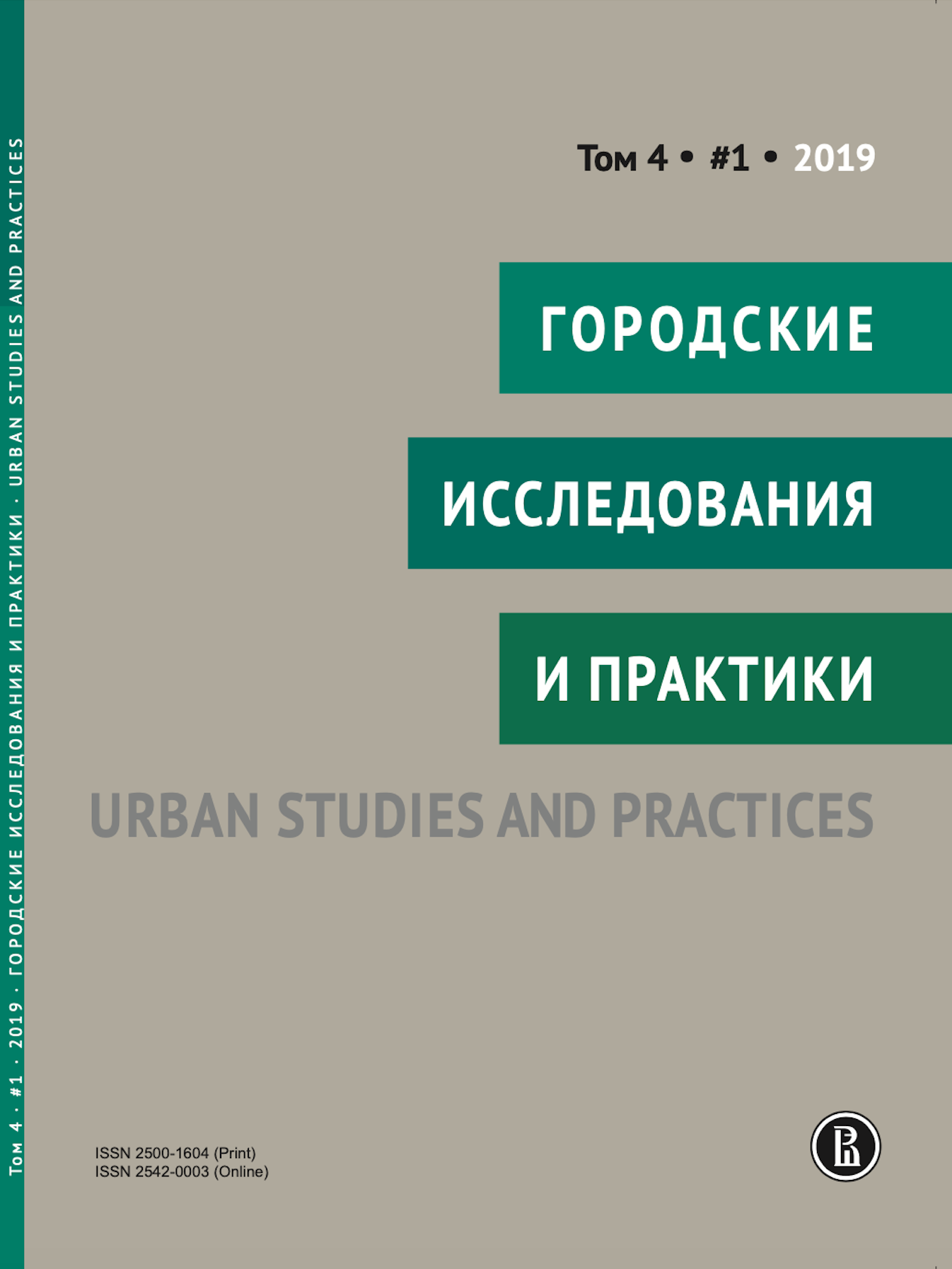“Smart City” or the “Smartness” of the City: The Effectiveness of Use of Urban Innovations in the US
Abstract
This paper studies the “smart city” phenomenon in the US. A number of approaches to the definition of a smart city are analyzed. The popularity of the term is growing in academic sphere and among technology companies. Smart city projects are being developed all over the world and the whole idea is being criticized as a marketing strategy. The results of the implementation of technology are unpredictable, and the mere physical presence of technology does not make a city smart, rather whether the implementation of urban technology is useful for citizens. The main research question of this article is how useful technologies are in solving urban problems. We suggest the term “smartness” to means the ability of a city to effectively introduce technology. The work identifies the features of the US metropolitan areas that predetermine the potential for implementing new technologies. Based on smart city indices and cases of technology integration in US cities, a quantitative assessment of smartness was developed. An original smart city index is proposed which is calculated for 380 US metropolitan areas. The new index is compared with GDP per capita and Florida’s creativity index. The results show that smartness is a complex spatial phenomenon, due to the complementarity of economic and social factors. The importance of a balance between the development of an innovation industry and a knowledge-based service industry is suggested.

